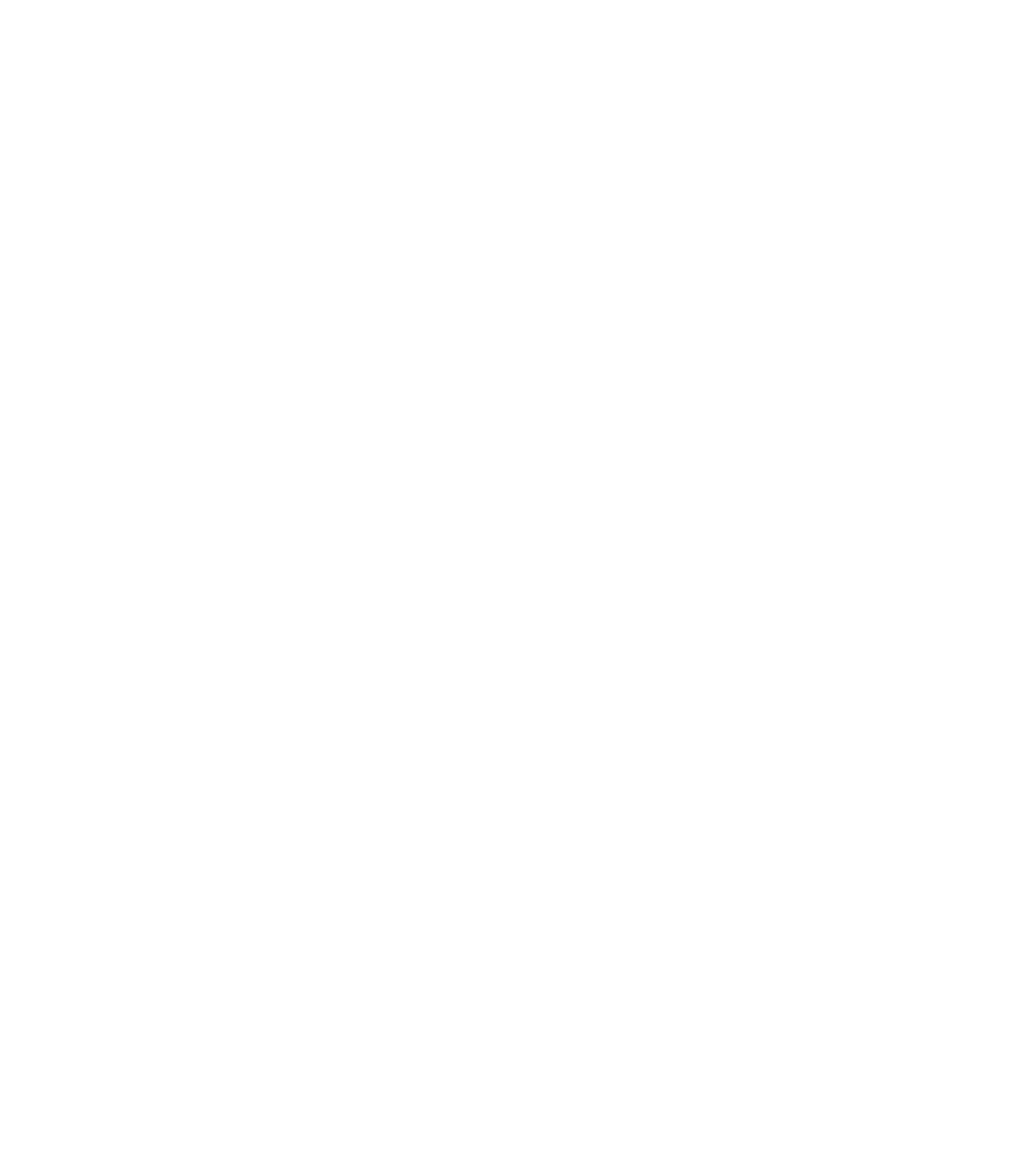Functioning depression, also known as high-functioning depression, is a mental health condition that can have a significant impact on one's daily life and relationships. This article will explore the concept of functioning depression, the differences between high-functioning depression and regular depression, and various techniques for managing functioning depression. We will also discuss the importance of seeking help and support, especially for those living in Utah or Lehi, UT.
Understanding Functioning Depression
What Does It Mean to Be Functionally Depressed?
Functioning depression is a form of depression where an individual may still be able to carry on with their daily responsibilities and maintain a seemingly "normal" life, despite experiencing symptoms of depression. This can make it challenging to identify and address, as those suffering from functioning depression may appear to be fine on the surface.The Difference Between High-Functioning Depression and Regular Depression
The primary difference between high-functioning depression and regular depression (major depressive disorder) lies in the severity of symptoms and the ability to maintain daily functioning. Individuals with high-functioning depression can still perform their daily tasks and responsibilities, while those with regular depression may struggle to do so due to the severity of their symptoms.The 5 Levels of Depression
- Mild depression: Occasional symptoms that may not significantly impact daily functioning.
- Moderate depression: More persistent symptoms that can make daily tasks more difficult.
- Severe depression: Strong symptoms that significantly interfere with daily functioning.
- Functioning depression: Symptoms are present, but daily functioning is maintained.
- Major depressive disorder: Persistent and severe symptoms that interfere with daily functioning.
The 3 Stages of Depression
- Early stage: Mild symptoms begin to emerge, but may be dismissed as temporary or situational.
- Middle stage: Symptoms become more consistent and begin to impact daily functioning.
- Late stage: Symptoms are severe and persistent, significantly affecting daily life and relationships.
Identifying Functioning Depression
Recognizing the Signs and Symptoms
Some common signs and symptoms of functioning depression include:- Persistent feelings of sadness or hopelessness
- Loss of interest in activities once enjoyed
- Irritability or agitation
- Changes in appetite or weight
- Sleep disturbances (insomnia or hypersomnia)
- Fatigue or low energy
- Difficulty concentrating or making decisions
- Feelings of guilt or worthlessness
- Thoughts of death or suicide
The Importance of Self-Awareness
Being aware of one's own emotions and mental state is crucial in identifying functional depression. Regular self-check-ins and introspection can help uncover any potential signs of depression and ensure that appropriate action is taken.Seeking Professional Help for Diagnosis and Treatment
If you suspect that you or a loved one may be experiencing functional depression, it is important to seek professional help from a mental health professional, such as a therapist or psychiatrist. They can provide a proper diagnosis and recommend appropriate treatment options.Techniques for Managing Functioning Depression
Psychotherapy and Counseling
- Cognitive-behavioral therapy (CBT): Aims to change negative thought patterns and behaviors.
- Dialectical behavior therapy (DBT): Focuses on improving emotional regulation and interpersonal effectiveness.
- Acceptance and commitment therapy (ACT): Teaches mindfulness and acceptance strategies to help manage difficult thoughts and feelings.
Medication Management doe Functioning Depression
- Selective serotonin reuptake inhibitors (SSRIs): Commonly prescribed antidepressants that help increase serotonin levels in the brain.
- Serotonin-norepinephrine reuptake inhibitors (SNRIs): Help increase both serotonin and norepinephrine levels in the brain.
- Other antidepressant options: A mental health professional may recommend other types of antidepressants, depending on the specific needs and symptoms of the individual.
Lifestyle Changes
- Regular exercise: Engaging in physical activity can help release endorphins, which can improve mood and overall mental health.
- A balanced diet: Consuming a nutritious diet can help support brain function and overall well-being.
- Adequate sleep: Prioritizing sleep is essential for mental health, as it allows the body and mind to rest and recover.
- Stress management techniques: Practicing relaxation methods such as deep breathing, meditation, or yoga can help reduce stress and improve mental health.
Building a Support Network
- Communicating with friends and family: Sharing your experiences and feelings with loved ones can provide emotional support and understanding.
- Joining support groups or online forums: Connecting with others who are experiencing similar challenges can provide a sense of community and support.
- Working with a mental health counselor: Regular sessions with a therapist can help in managing depression and developing coping strategies.

